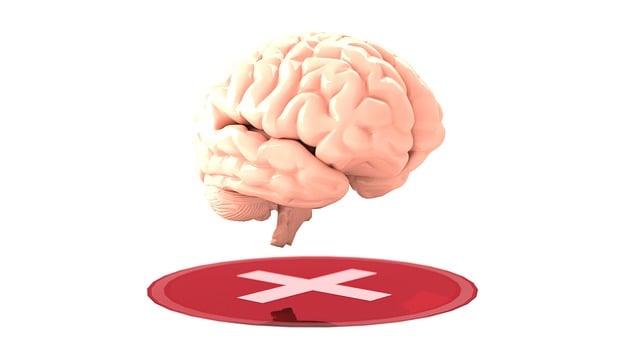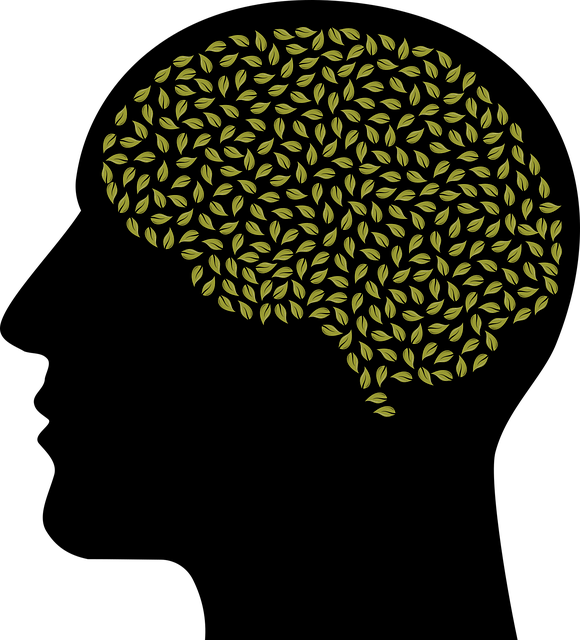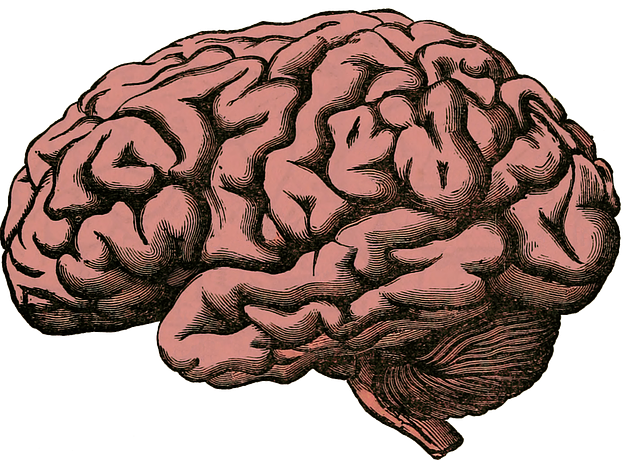The aging population's mental health is a growing concern, with stress and crisis being common issues. Crisis counseling and stress management techniques, such as social skills training and compassion cultivation, are essential therapies to cater to elders' unique challenges. These approaches, including active listening and emotional support, enhance their resilience and well-being. By addressing specific concerns like loneliness and financial worries, therapy improves seniors' quality of life. Cultural sensitivity and stress reduction practices like mindfulness further empower older adults, offering long-term benefits and community support.
Stress management techniques are crucial for maintaining mental well-being, especially among the aging population. This article explores effective strategies for teaching stress management to seniors, with a focus on crisis counseling and therapy tailored for their unique needs. We delve into understanding elderly stress, its impact on mental health, and practical approaches like therapy sessions and crisis counseling strategies. By fostering resilience through these teachings, elders can navigate life’s challenges more effectively, highlighting the long-term benefits of such programs in senior care.
- Understanding Elderly Stress and Crisis Counseling
- The Impact of Therapy on Aging Population's Mental Health
- Effective Stress Management Techniques for Elders
- Crisis Counseling Strategies in Practical Settings
- Fostering Resilience: Long-term Benefits of Teaching Stress Management to Seniors
Understanding Elderly Stress and Crisis Counseling

Understanding Elderly Stress and Crisis Counseling is a crucial aspect of caring for our aging population. As individuals age, they often face unique challenges that can contribute to increased stress levels. These include health issues, loneliness, financial worries, and adjustments to lifestyle changes. Recognizing these stressors is the first step in providing effective therapy for elders crisis counseling.
Social Skills Training and Compassion Cultivation Practices can play a significant role in addressing elderly stress. Mental Health Awareness initiatives help caregivers and family members understand the impact of stress on the mind and body of older adults. Through open communication, empathetic listening, and tailored interventions, crisis counselors can support the emotional well-being of seniors, fostering resilience and improving their overall quality of life.
The Impact of Therapy on Aging Population's Mental Health

As the aging population continues to grow, addressing their mental health needs has become a critical focus in healthcare. Therapy plays a pivotal role in managing the unique challenges faced by elders, offering them a lifeline during crisis moments. Crisis counseling for seniors is a specialized service designed to provide immediate support and long-term coping strategies. This form of therapy equips older adults with effective stress management techniques, enabling them to navigate life’s complexities with resilience. By targeting specific issues such as loneliness, grief, or age-related anxieties, therapists can significantly improve the overall well-being of this demographic.
The benefits extend beyond individual improvement; organized stress management workshops and public awareness campaigns development can foster a sense of community among seniors. These initiatives not only educate but also create support networks, enhancing their confidence and social connections. With proper care and accessible therapy, the aging population can experience improved mental agility and a higher quality of life, demonstrating that it’s never too late to prioritize and invest in one’s mental health.
Effective Stress Management Techniques for Elders

Effective stress management is crucial for elders to maintain their quality of life and overall well-being. Therapy for elders can take various forms, including crisis counseling, which helps individuals cope with acute stressors. By leveraging coping skills development tailored to their unique needs and experiences, elders can navigate challenging situations with greater ease. Cultural sensitivity in mental healthcare practice plays a vital role here, ensuring that therapeutic approaches are inclusive and respectful of diverse backgrounds.
Incorporating resilience building into stress management routines empowers elders to bounce back from adverse events more effectively. Simple yet powerful techniques such as mindfulness meditation, deep breathing exercises, and engaging in hobbies can significantly reduce stress levels. Crisis counselors often advocate for these practices, guiding elders through the process of integrating them into their daily lives. This holistic approach not only enhances coping abilities but also fosters a sense of empowerment and emotional stability.
Crisis Counseling Strategies in Practical Settings

In practical settings, Crisis Counseling Strategies play a vital role in managing and mitigating stress among elderly individuals. These techniques, often tailored to promote emotional well-being, are particularly crucial given the unique challenges that older adults face. Therapists employing such strategies must be adept at assessing cultural sensitivities in mental healthcare practice, ensuring inclusive and non-judgmental approaches that respect the client’s background and beliefs.
For instance, therapy for elders crisis counseling may involve active listening, empathy, and the creation of a safe, supportive environment. Emotional intelligence, both on the part of the therapist and the client, is essential in navigating these conversations. By employing these strategies effectively, mental health professionals can help seniors cope with stressors, enhance their resilience, and foster positive emotional outcomes, ultimately enriching their overall quality of life.
Fostering Resilience: Long-term Benefits of Teaching Stress Management to Seniors

Teaching stress management techniques to seniors is a powerful way to foster resilience and enhance their overall well-being. As individuals age, they often face various life transitions, health challenges, and potential isolation, making effective coping strategies even more vital. By equipping older adults with tools like mindfulness, deep breathing exercises, or cognitive reframing, they can better navigate stressful situations and build a buffer against the negative impacts of chronic stress. This proactive approach to mental health support is a game-changer, promoting not just short-term relief but also long-lasting benefits.
Through regular practice, seniors can develop increased inner strength and confidence in their ability to handle difficult circumstances. This resilience is particularly beneficial during crises or significant life changes, where effective stress management techniques can prevent the onset of anxiety disorders, depression, or other mental health issues. Moreover, such initiatives contribute to a sense of community among peers, fostering social connections that are crucial for combating loneliness and enhancing overall quality of life in later years.
Teaching effective stress management techniques and crisis counseling to seniors can significantly enhance their overall well-being. As the aging population faces unique stressors, empowering them with tools to navigate mental health challenges is invaluable. Through tailored therapy and practical crisis strategies, elders can build resilience, improve coping mechanisms, and lead more fulfilling lives. Integrating these practices into senior care not only supports mental health but also fosters a sense of independence and quality of life as they age gracefully.








